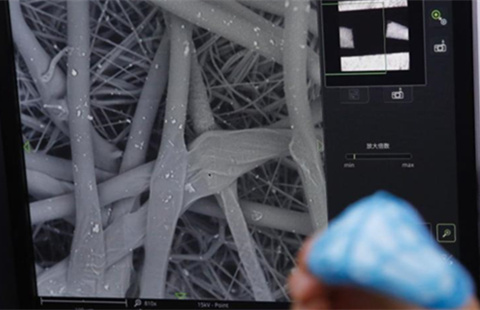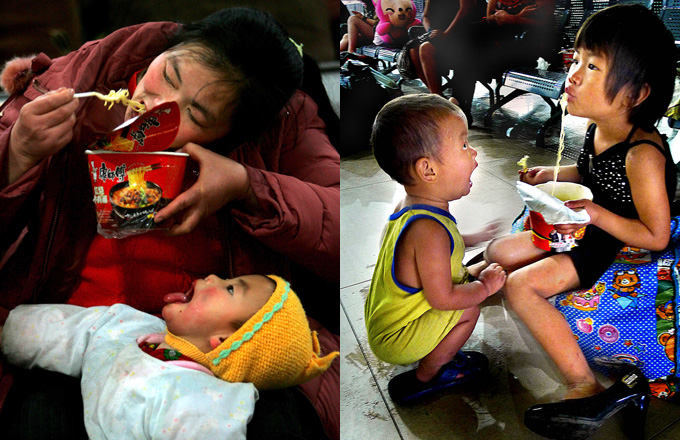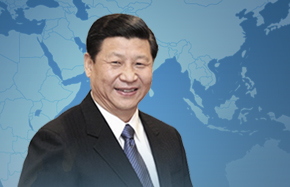Review and prospects of China's diplomacy
Prospects
A major country should have a befitting presence and take on its due responsibilities. Peace and development will still be the main theme in the world in 2017, but chaos and disorder will linger as well. China will be playing the stabilizing role in a complicated and capricious international arena, creating a peaceful environment for its own development as well as contributing to the peace and development of the world.
First, China should properly handle relations with major countries, ensuring the continuation of sound and stable development in China-US and China-Russia ties. The key to China-US relations is to manage disagreements before committing to pragmatic cooperation. The two countries can only have long-term stable cooperation and achieve mutual benefit and win-win results when they respect each other and take into consideration the issues concerning the other's core interests and major concerns, for instance the Taiwan issue. The current China-Russian strategic partnership is sound and stable. While enhancing cooperation with Russia, China should closely watch new developments in US-Russia and Japan-Russia ties in 2017.
Second, China should cement the diplomatic achievements made after the South China Sea arbitration in 2016 and strive for the long-time stability of its southern waters. The improvements in China-Philippines relations can and should be used as a demonstration of China's commitment to the principle of "shelving disputes and engaging in joint exploitation," as well as its pledge to playing by the book.
Third, China should keep a close eye on the Korean Peninsula and invest in the relations with its neighbors. The situation on the Korean Peninsula is becoming more intense and unpredictable, as North Korea continues to carry out nuclear tests and South Korea intends to deploy the THAAD system while in the midst of a transition in leadership following the impeachment of its scandal-ridden president. The peninsula is a key for China's foreign relations, and the country must uphold the principle of denuclearization on the peninsula.
Fourth, while promoting bilateral relations with Southeast Asian countries, China should pay attention to its relations with Singapore, which is moving closer to the United States. China should also forge closer economic ties and other forms of cooperation with Central Asian countries through the Shanghai Cooperation Organization and the Belt and Road Initiative.
Fifth, the Belt and Road Initiative should be promoted, and economic cooperation should facilitate diplomacy. The Belt and Road is not only a platform for economic cooperation but also for foreign relations. The year 2017 marks the fourth year of the introduction of the Belt and Road Initiative, and the initial achievements have been made and won the recognition and support of an increasing number of countries. This proves that innovations in deepening international cooperation must go along with major diplomatic moves so as to benefit each other.
Sixth, China should actively participate in global governance and have greater presence in the international community. It should implement the agreements achieved in the G20 Hangzhou Summit, make good use of a number of multilateral cooperation mechanisms - including the World Economic Forum and Shanghai Cooperation Organization - as well as of the opportunity to host the Belt and Road international forum and the 9th BRICS summit, in order to contribute Chinese solutions to global governance while engaging with the international community.
The world will not be a peaceful one in 2017, but Chinese diplomacy will be more than remarkable. Let me quote a line from the great ancient poet Li Bai as a wish for the new year: "A time will come to ride the wind and cleave the waves, I'll set my cloudlike sail to cross the sea which raves."
The author Wang Xiaohui is editor-in-chief of China.org.cn.


















